What is Black Nigella?
Black nigella (Nigella sativa), commonly but incorrectly referred to as "black cumin," is a tiny black seed with a rich history in Middle Eastern, Indian, and Mediterranean cuisines and traditional medicine for centuries. Despite the name, it is not related to true cumin (Cuminum cyminum) but belongs to the Ranunculaceae family. Also known as kalonji, it has a complex flavor profile combining earthy, savory, and slightly bitter notes with subtle onion and oregano undertones.
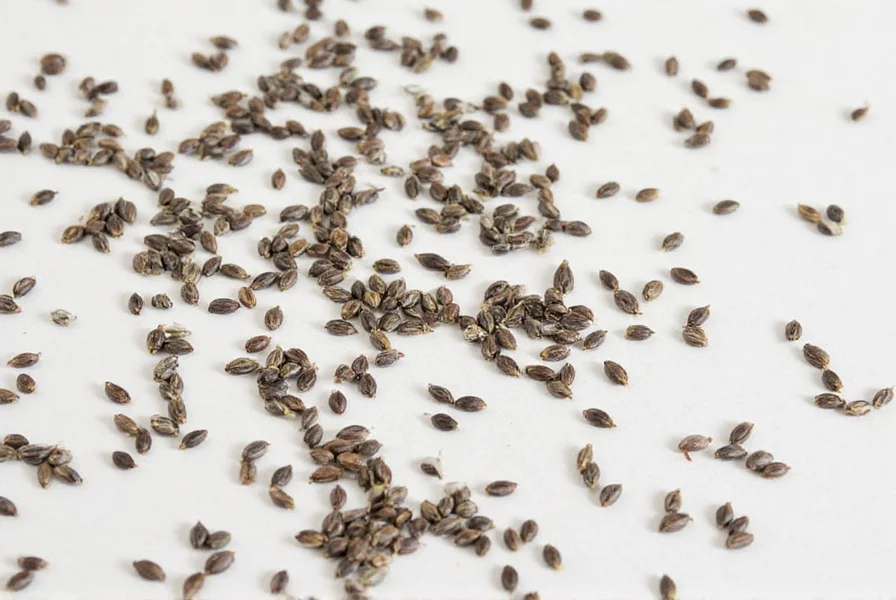
Flavor Profile and Culinary Uses
Black nigella enhances dishes without overpowering them. Its flavor characteristics include:
- Earthy: Similar to toasted sesame or cumin
- Savory: Notes reminiscent of onion or garlic
- Spicy: Gentle warmth that builds gradually
- Bitter Finish: Unique depth for complex dishes
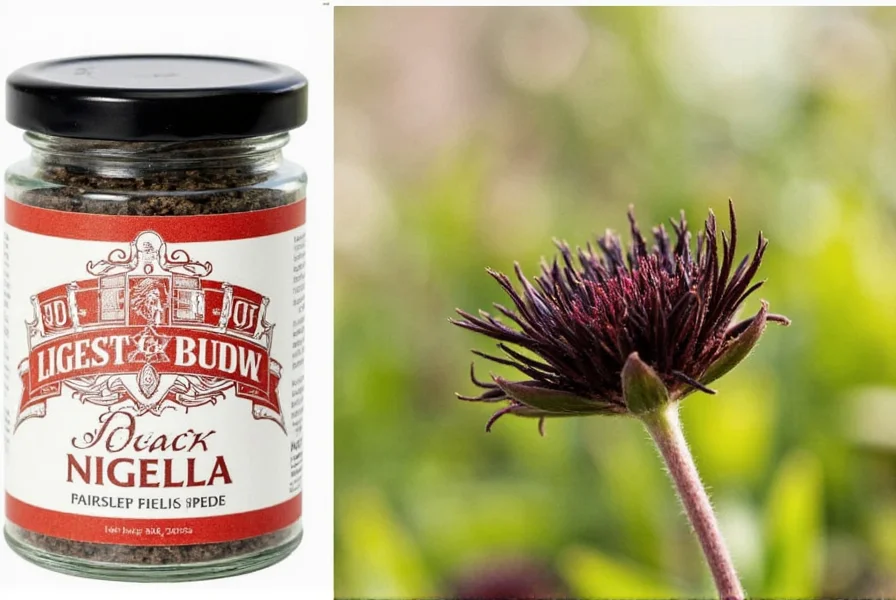
Chefs commonly use it in naan, pita breads, pickles, stews, and legume dishes. In Indian cuisine, it's essential for tempering mustard oil and adding depth to curries and dal.
A Rich History Behind the Seed
Black nigella has been valued for millennia. Archaeologists discovered jars of nigella seeds in Tutankhamun's tomb, and the Prophet Muhammad reportedly called it "a cure for every disease except death." Traditional medicine systems like Ayurveda and Unani have used it for digestive and respiratory ailments for centuries.
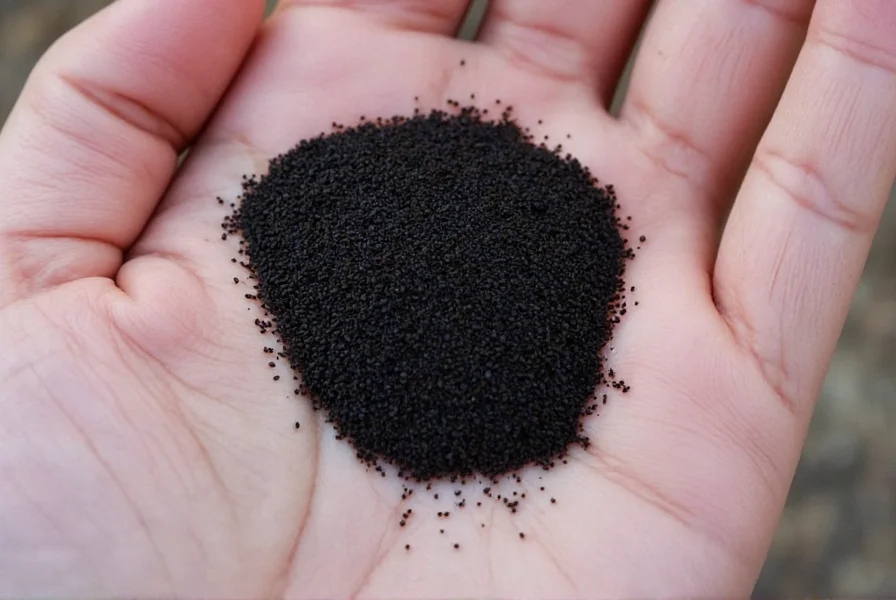
Health Benefits of Black Nigella
Modern research supports traditional uses of black nigella. According to the National Institutes of Health (NIH) and studies published in the Journal of Ethnopharmacology, its active compound thymoquinone provides:
- Anti-inflammatory properties: Reduces markers of inflammation in clinical studies
- Immune support: Rich in antioxidants that strengthen immune response
- Digestive health: May alleviate bloating and indigestion
- Blood sugar regulation: Shows promise in preliminary diabetes research
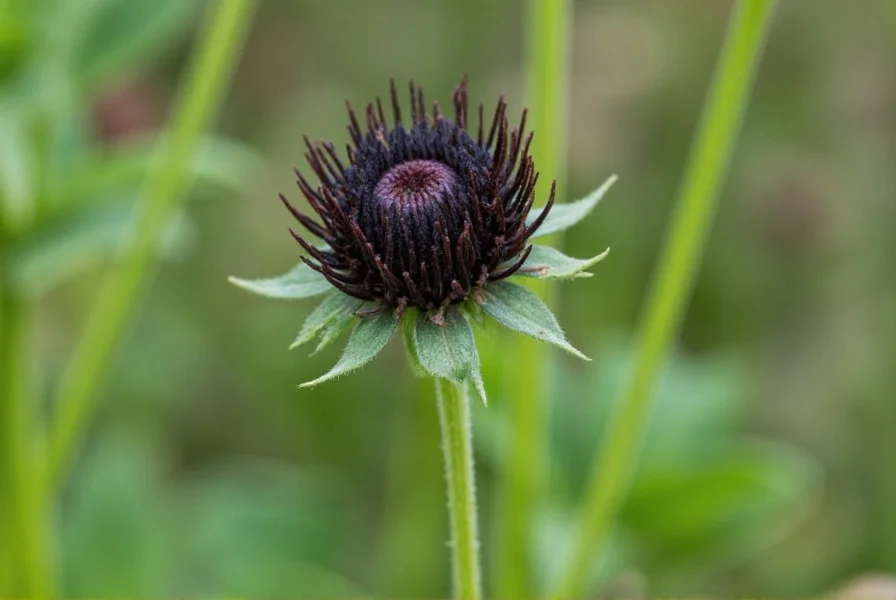
While research is promising, black nigella should complement—not replace—medical treatment. Consult your healthcare provider before using it for therapeutic purposes, especially if pregnant or taking medications.
Buying Guide: How to Choose the Best Black Nigella
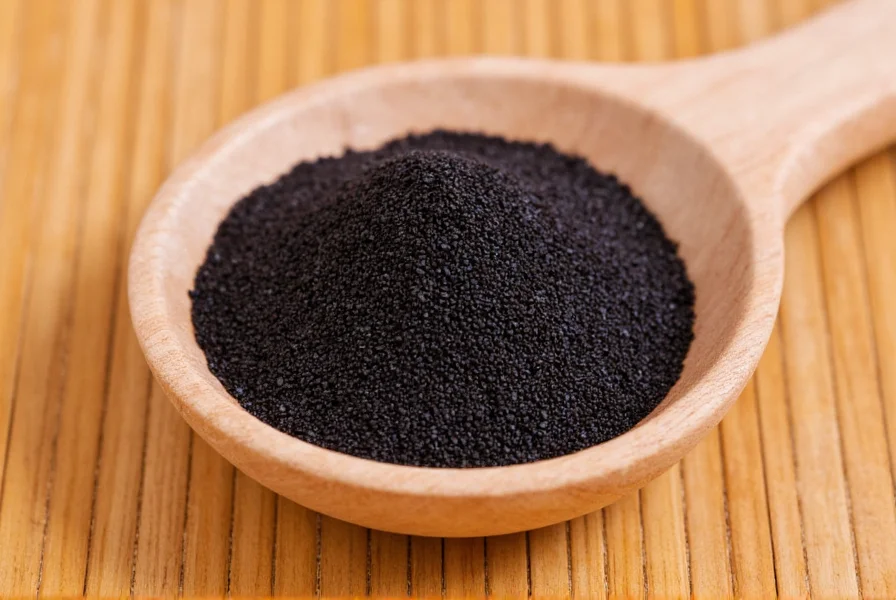
| Feature | Why It Matters |
|---|---|
| Freshness | Check expiration dates; fresher seeds retain stronger flavor and aroma |
| Whole Seeds | Prefer whole seeds over pre-ground for maximum flavor and shelf life |
| Organic Certification | Reduces pesticide exposure and ensures purity |
| Dark Color | Deep black seeds typically indicate higher potency and freshness |
Reputable spice retailers, health food stores, and trusted online suppliers typically carry high-quality options. Avoid products with stale or musty odors.
Creative Ways to Cook with Black Nigella
- Toast Before Using: Dry roast seeds 1-2 minutes to unlock deeper flavors
- Top Breads and Crackers: Sprinkle on naan, focaccia, or homemade crackers before baking
- Make Infused Oil: Heat seeds in oil until fragrant, then strain for salad dressings or drizzling
- Add to Legumes: Stir into lentils, chickpeas, or dal for savory depth
- Use in Pickling Brine: Adds complexity to pickled vegetables like carrots or cucumbers
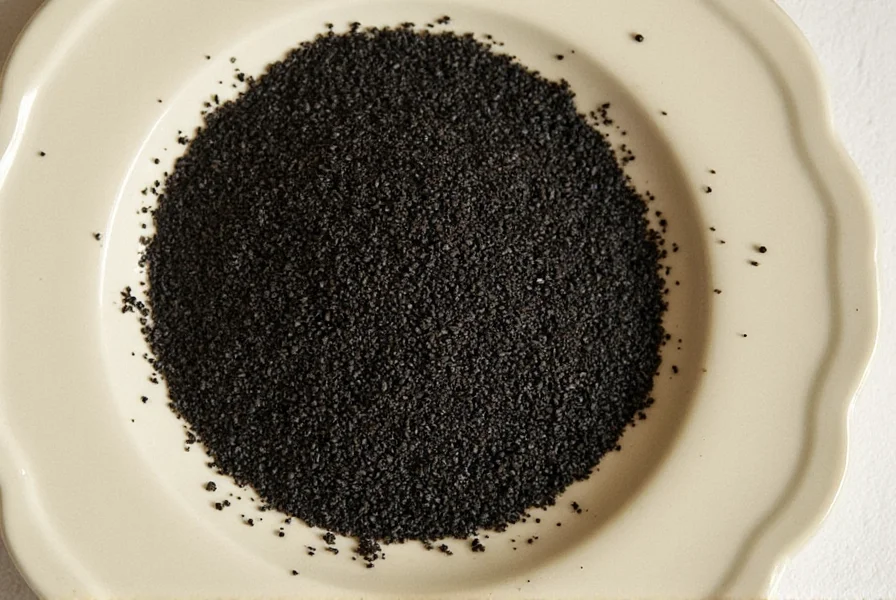
How to Store Black Nigella for Maximum Freshness
- Air-tight Container: Keeps moisture and pests out
- Cool, Dark Place: Store in pantry or cupboard away from light
- Label & Date: Track freshness for optimal use
- Freeze for Long-Term Storage: Portion and freeze bulk quantities
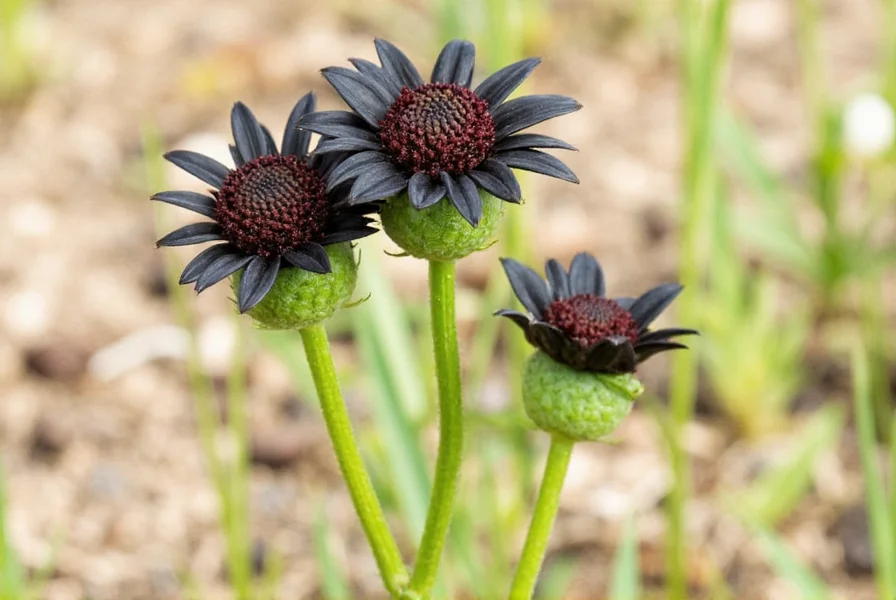
Black Nigella vs. Other Popular Spices: A Side-by-Side Comparison
| Spice | Flavor Similarities | Key Differences | When to Use Instead |
|---|---|---|---|
| Black Pepper | Mild heat | Black nigella is earthier, less biting | For layered, nuanced flavor |
| Cumin | Warm, nutty undertones | Nigella is more floral, less smoky | When subtlety is preferred |
| Sesame Seeds | Nutty texture and aroma | Nigella has herbal and bitter tones | For savory dishes (not sweet) |
| Fennel Seeds | Common in spice blends | Nigella lacks licorice flavor | In meat rubs or vegetable roasts |
Frequently Asked Questions About Black Nigella
What is the difference between black nigella and black cumin?
Black nigella (Nigella sativa) is often mistakenly called "black cumin," but it is not related to true cumin (Cuminum cyminum). They belong to different plant families. Black nigella has a more complex flavor with oregano, onion, and pepper notes, while true cumin has a stronger, smokier profile.
How much black nigella should I use in cooking?
Black nigella has a strong flavor, so start with 1/4 to 1/2 teaspoon per serving. For breads or flatbreads, a light sprinkling is sufficient. Toasting enhances flavor, so you may need less when using toasted seeds.
Are there any side effects of consuming black nigella?
In culinary amounts, black nigella is generally safe. However, medicinal quantities (oils or supplements) may cause allergic reactions, digestive upset, or medication interactions. Pregnant women should consult a healthcare provider before using it medicinally, as it may stimulate uterine contractions.
Can I grow black nigella at home?
Yes, Nigella sativa is relatively easy to grow. It prefers full sun and well-draining soil, reaching 1-2 feet tall. It produces delicate flowers followed by seed pods containing the black seeds. Harvest occurs 4-6 months after planting.
What's the difference between black nigella and regular nigella (Nigella damascena)?
Nigella sativa (black nigella) is the edible variety used in cooking and medicine, while Nigella damascena ("love-in-a-mist") is strictly ornamental. Only Nigella sativa seeds are safe for consumption and offer culinary or medicinal benefits.
How can I tell if my black nigella has gone bad?
Fresh black nigella has a strong, pleasant earthy aroma. If it smells musty or stale, or if the color fades from deep black to dull gray, it has lost potency. Store properly in airtight containers away from light and heat for up to 1-2 years.
Why Black Nigella Belongs in Every Kitchen
From ancient Egyptian tombs to modern kitchens, black nigella's versatility and health benefits make it a timeless spice. Whether enhancing simple lentils or artisanal breads, its unique flavor and nutritional profile offer everyday value.
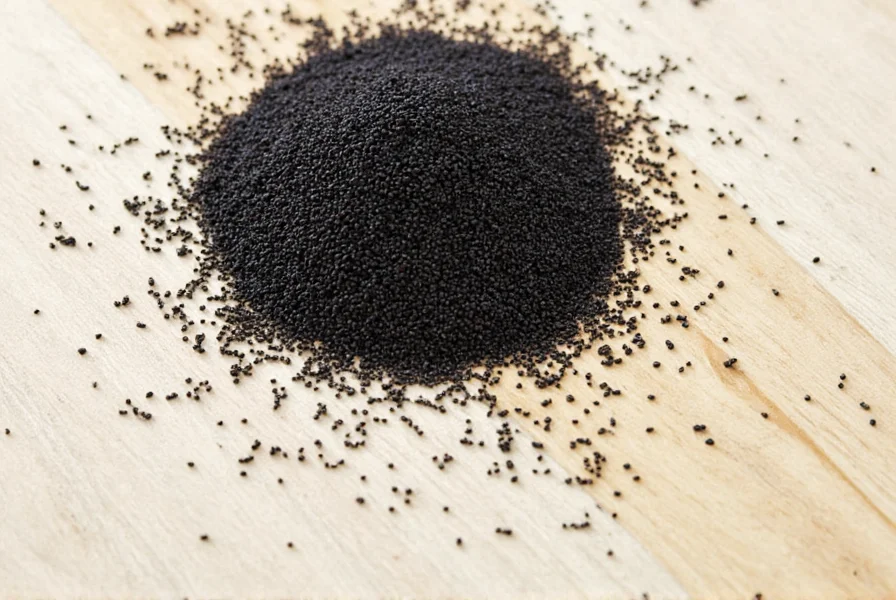
Next time you shop for spices, add black nigella to your cart. It's a small ingredient with big flavor and wellness potential.

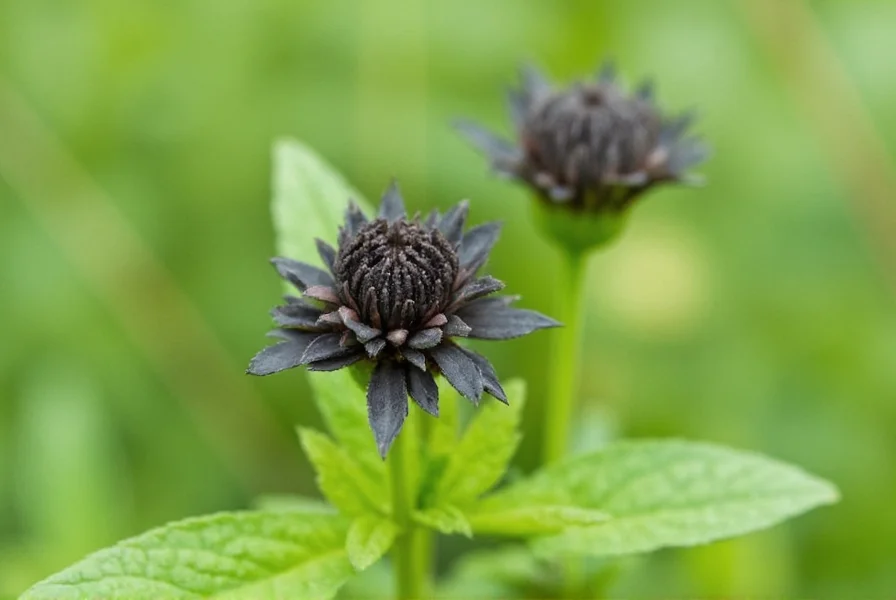









 浙公网安备
33010002000092号
浙公网安备
33010002000092号 浙B2-20120091-4
浙B2-20120091-4